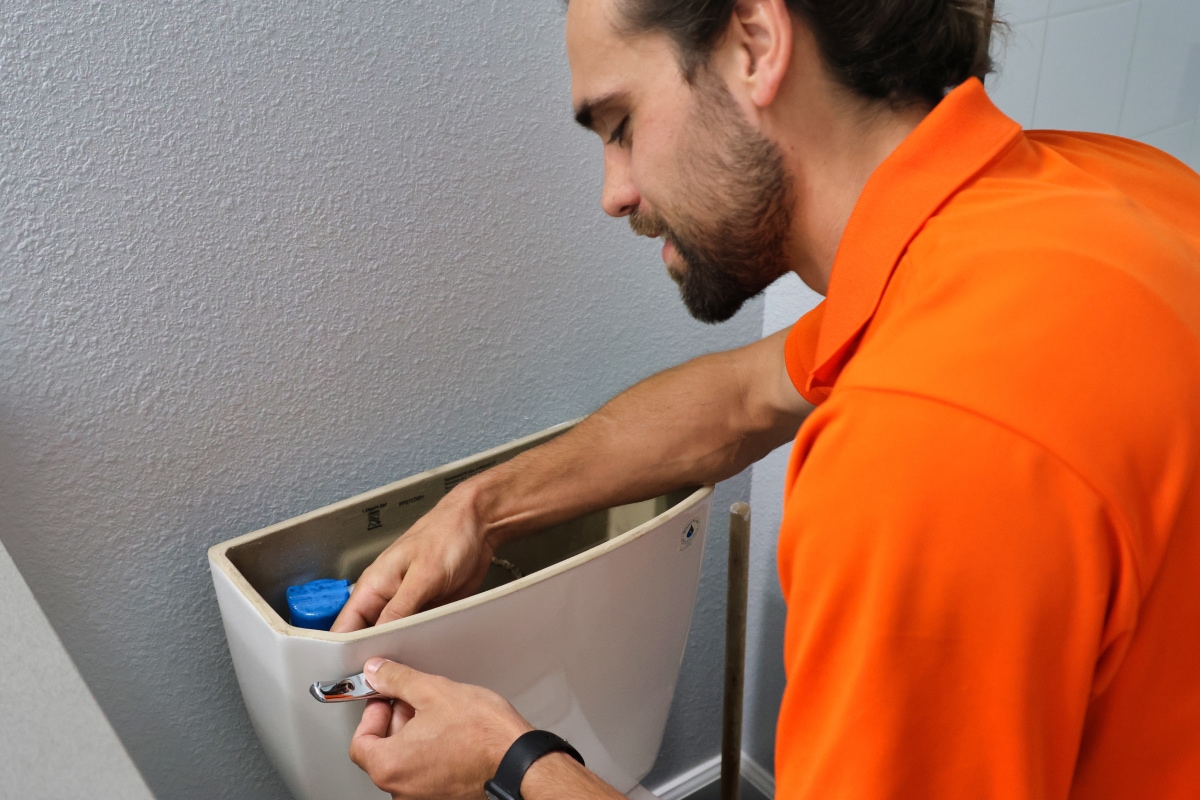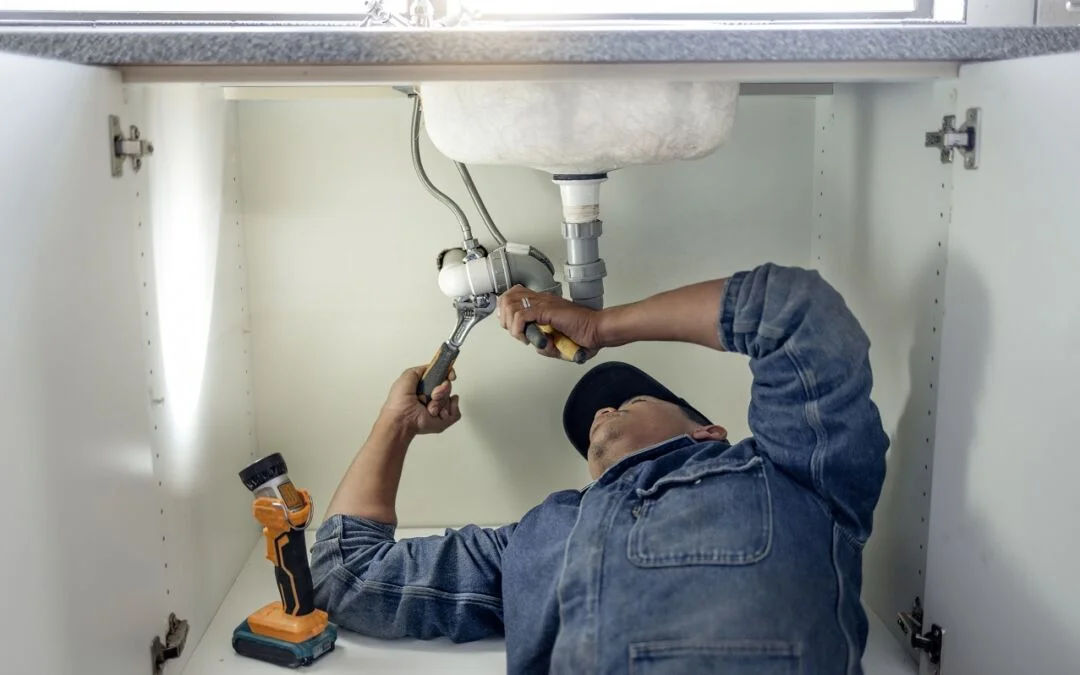Temporary Tips for Critical Situations: Steps to Follow Until Help Arrives
Temporary Tips for Critical Situations: Steps to Follow Until Help Arrives
Blog Article
Almost everyone will have their own individual way of thinking with regards to Expert Tips for Emergency Plumbing Repairs.

Pipes emergencies can strike at any moment, causing tension and possible damage to your home. Whether it's a ruptured pipeline, a clogged up drainpipe, or a leaking faucet, knowing just how to handle the circumstance until a professional plumbing technician arrives can save you from further complications. This short article provides important emergency pipes pointers to help you reduce damage and gain back control throughout a pipes crisis.
Shut off the Water
The very first step in any kind of plumbing emergency situation is to shut down the supply of water. For local concerns, such as a leaking faucet or commode, switch off the shutoff near the fixture. When it comes to a major leak or ruptured pipe, find your home's main water shut-off valve and transform it off right away. Knowing the place of these shutoffs beforehand can save beneficial time during an emergency situation.
Address Tiny Leaks with Short-term Solutions
Little leakages can swiftly become considerable problems if left untreated. Use these momentary solutions up until specialist assistance gets here:
While these fixes aren't long-term, they can aid minimize water loss and damages.
Unclog Drains Pipes Securely
A clogged drain can be a frustrating and untidy concern. Here's exactly how to tackle it:
If these methods do not function, stay clear of making use of extreme force, as it may intensify the blockage.
Manage Overflowing Toilets
An overruning commode can create instant mayhem. Here's what you should do:
Shut Off Your Hot Water Heater
In certain emergencies, such as a ruptured pipe, it's smart to shut down your water heater. This protects against getting too hot or damage to the device when water stops moving. Turn off the power supply to the hot water heater (electrical or gas) and let it cool to avoid prospective hazards.
Briefly Quit a Burst Pipe
A burst pipe can cause substantial water damages in minutes. To reduce the problem:
Call an expert plumbing technician promptly to resolve the trouble completely.
Handle Frozen Water Lines Meticulously
In colder climates, frozen pipes are a common emergency. If you suspect an icy pipeline:
Prevent More Damage
Taking fast action to minimize damages can save you money and time over time. Here's just how:
. Have an Emergency Pipes Set
Prepare a standard pipes emergency situation package to deal with minor concerns successfully. Your kit needs to include:
Having these tools on hand can make a significant distinction in your capacity to take care of emergencies.
Know When to Call a Specialist.
While quick fixes can help briefly, certain pipes issues call for immediate specialist attention. Call a plumber if:.
Immediately contacting a professional guarantees the concern is fixed appropriately and avoids more problems.
Conclusion.
Plumbing emergency situations can be overwhelming, yet with the right understanding and tools, you can take care of the situation efficiently up until assistance gets here. By turning off the supply of water, attending to little leakages, and making use of temporary repairs, you can lessen damages and maintain your home safe. Remember, these suggestions are short-term options; constantly get in touch with a qualified plumbing professional to handle the root cause of the issue. Prep work and fast thinking are your finest allies in any type of pipes emergency situation.
8 Helpful Tips for Managing Plumbing Emergencies at Home
If your plumbing system hasn’t failed once, wait for it because almost everyone has a story to tell. Sometimes, it could be simple emergencies such as a leaking pipe, a blocked cistern, or even a big burst pipe. In situations like this, you need to have some handy tips to save you some money and from possible damages.
Take care of minor issues early.
Sometimes, you could have avoided an emergency by taking proactive measures while it was still early. Some major plumbing emergencies can be a result of an ignored minor issue. We recommend that you have items like plumbing tapes and other related items. A plumbing tape can allow you to manage minor leaks before the plumber arrives.
Cut off the water supply.
This tip is essential in almost any type of leakage problem. For problems like minor leakages in the toilet or kitchen, turn off the supply that takes water to the affected pipes. If the leakage is a major pipe, you must shut off the supply valve to the entire building. This will help you avoid flooding your home and neighbors if you share a flat.
Know your plumbing system
Folks typically move into a new apartment without understanding the water supply around the building. This can prove disastrous if a water emergency arises and the plumber is far away. The previous tip will prove useless if you don’t practice this one. More importantly, know where your water shut-off valve is located – you’ll need that knowledge to prevent potential home floods.
Have some common handy tools
There are lots of plumbing emergencies that you can handle without hiring a plumber. That’s why you must keep some tools available always. Some tools that you can use to fix simple plumbing emergencies easily include plumbing tapes, screwdrivers, thread seal tapes, plungers, pliers, tape measures, and rubber gloves.
Insulate your pipes from cold
You’ll save yourself from many plumbing expenses if you protect your water pipes from the cold. This is because of the harmful effects that cold weather can have on your pipes. During winter, your pipes can burst from being overly expected to freezing temperatures. So, make sure insulators are there to keep the pipes working correctly.
Avoid practices that will clog your toilet.
Many people indulge in practices that can damage the plumbing system of the entire building. One of these is when they use their toilet to dispose-off garbage. They flush all kinds of things, such as paper towels, bandages, hairs, female sanitary products, etc., down the toilet. This will block your toilet in the long run, incurring unnecessary expenditures. Dump such waste in the trash instead.
Check your dials regularly.
Sometimes, there could be leakages in your home without noticing them in time. So, constantly monitor your water meter dial. If the dial is reading when there is nobody using water, this is an indicator that there is leaking. Check for leaks immediately. Call a plumber as soon as possible if you can’t find any.
https://www.constructionplacements.com/8-helpful-tips-for-managing-plumbing-emergencies-at-home/

We were shown that write-up about What to Do During a Plumbing Emergency through a pal on our other site. I beg you set aside a second to distribute this post if you liked it. We cherish reading our article about .
Pricing Report this page